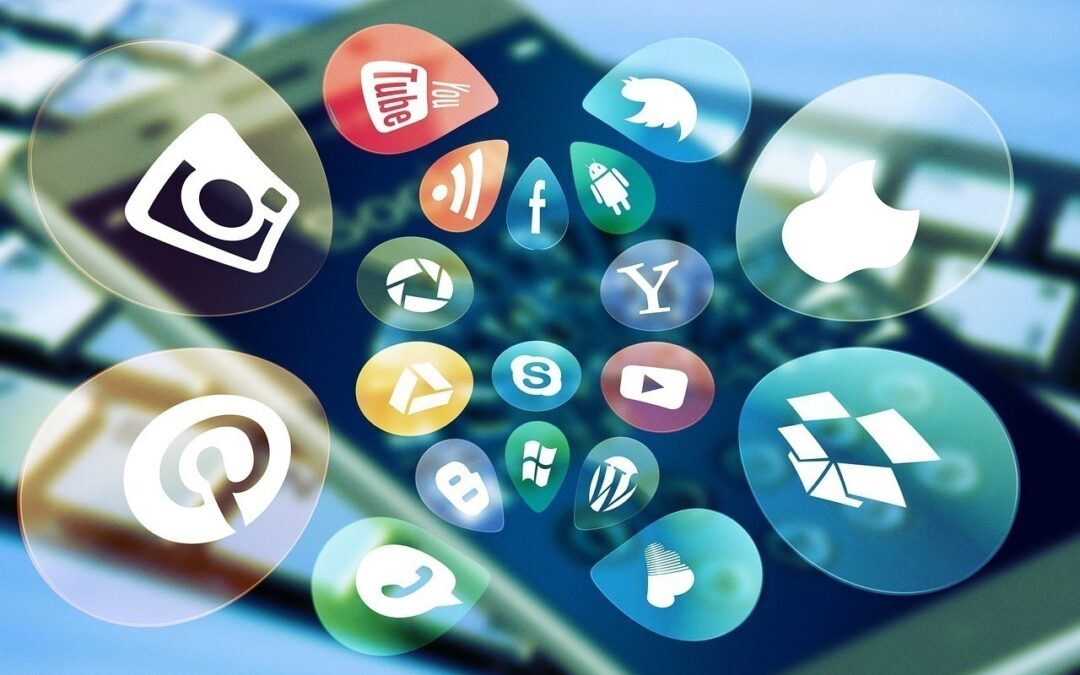Social media is a big part of life for many teenagers. According to one 2019 study, 63% of teens use social media every day. It helps them stay connected to family and friends while exploring and expressing their personality and interests.
But like all forms of technology, social media is a tool that can both positively and negatively impact those who use it. On average, teenagers spend over an hour a day on social media. During that time, they may have interactions — or a lack of interactions — with platform features and other users that may negatively affect their mental health.
The “Like” Button
The “like” button is a popular feature available on most social media platforms. Whether it’s clicking a “thumbs up” or “heart” button, this like feature allows social media users to show their support, interest or appreciation for posts. Like buttons are a convenient and quick way to connect with others.
Unfortunately, the like feature can also have negative impacts. The algorithms behind social media platforms make likes a form of social currency. Getting likes often causes posts to pop up on others’ feed, meaning the post can be seen by more people, creating a cycle of engagement: more likes, more comments, more reposts.
Social Media Addiction
Social media platforms have countless features — chief among them the like button — that can make them addictive. Notifications from likes, comments, messages, view counts, and more often trigger the reward center of the brain, activating a release of dopamine and resulting in a rush of good sensations in the user.
Once a person is used to these “hits” of dopamine, the lack of a steady dose can be impactful.
Tristan Harris, the co-founder of the Center for Humane Technology and previous design ethicist for Google, stated that the “average person checks their phone 150 times a day. Why do we do this? Are we making 150 conscious choices? One major reason why is the #1 psychological ingredient in slot machines: intermittent variable rewards. … Addictiveness is maximized when the rate of reward is most variable.”
[Related: How removing ‘likes’ from Instagram could affect our mental health]
Social Media and Mental Health
According to Mitchell Hartman of Marketplace, “There’s growing concern among mental health professionals and child advocates about the ‘like’ buttons of the social media world. They say kids’ drive for validation and popularity on services like Instagram can lead to anxiety, depression and low self-esteem.”
Studies have linked social media use to a variety of negative health impacts in teens, including:
- Poor mental health
- Poor wellbeing
- Depression symptoms
- Anxiety symptoms
- Disrupted sleep
- Decreased life satisfaction
In addition to these mental health impacts, social media use can also expose teens to an increased risk of being bullied, harassed, blackmailed and exploited.
Supporting Mental Health While Using Social Media
In light of the mental health impacts that social media features such as the like button can have on teens, taking proactive steps and practicing responsible social media habits can help teenagers enjoy a more positive relationship with technology and social media. Here are some suggestions:
- Use the Screen Time feature on an iPhone, the Digital Wellbeing features on an Android or an app like Moment to set time limits for social media apps. These features can also help you track how much time you’re spending on apps and help you set realistic goals to reduce use.
- Avoid screen time and social media use in bed before going to sleep.
- Seek out real-life social connections. Instead of allowing social media likes to become a substitute for social support and bonding, find healthier, more fulfilling ways to connect with others and reduce isolation.
- Practice mindfulness by living in the present moment and being aware of all the things you’re grateful for.
- Remember that social media is often a highlight reel and not a realistic reflection of life.
- Instead of seeking fulfillment and a sense of accomplishment based on likes, explore hobbies and interests that bring you joy and present a fun challenge.


Trackbacks/Pingbacks